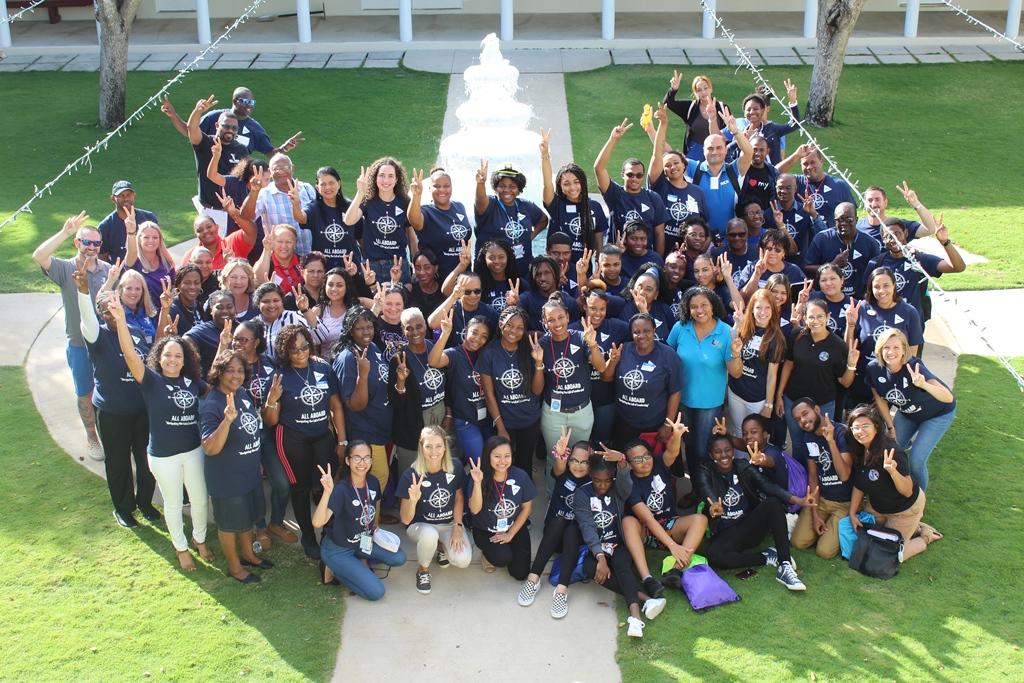Cayman YMCA: Keep Water Safety top of mind this Summer

The YMCA of the Cayman Islands wants to help keep kids safe in and around water this summer
The YMCA of the Cayman Islands wants to ensure that water safety does not get lost in Cayman residents’ eagerness to make a splash this upcoming summer season. As temperatures rise, kids want to cool off, whether that is in the pool or the ocean. That means the risk of drowning is higher.
During the month of May, which is considered Water Safety Month, the YMCA, through social media and interaction with families, encouraged parents and caregivers to play an active role in promoting water safety to the entire family.
The Y believes that developing proper swim skills significantly reduces the risk of water-related accidents, encourages a healthy lifestyle, and builds confidence in and around the water.
The Y defines safety around qater as a life skill and teaching children how to swim, and be safe in and around water, is one of the most important life skills parents can help their children learn.
The education continues with a ‘Water Safety Day’ on Saturday, 26 June at the Camana Bay Sports Complex, hosted by the Y.
The YMCA’s Ready to Respond event will include a free swim skill assessment along with an educational resource package that features a swim skill development tool to help participants safely develop their swim skills this upcoming summer season.
Participants will also have the opportunity to connect with like-minded organisations to learn more about water safety-related programmes and services in our community.
To learn more about the YMCA of the Cayman Islands swim programme and Water Safety Day, contact Savannah Stokes at 916-8587or aquatics@ymcacayman.ky.
WATER SAFETY TIPS:
- Never swim alone or without a water watcher. When children are swimming, make sure they are actively supervised at all times. Teach your children that they should only swim in locations where a lifeguard is on duty, or where a responsible adult agrees to watch the children in the water without distractions.
- Supervise your children whenever they’re in or near water. Whether it’s bath time or taking a dip in a pool or lake, make sure your children are within arm’s reach at all times.
- Don’t engage in breath holding activities. Children should not hold their breath for a prolonged amount of time while swimming, as this can cause drowning and has several other severe physical side-effects.
- Wear a life jacket: Inexperienced or non-swimmers should wear a Coast Guard-approved life jacket.
- Don’t jump in the water to save a friend who is struggling in deep water. If a child finds their friend in deep water unexpectedly, their natural reaction may be to jump in the water to try to save them. Even if a child is a great swimmer, a panicked person will overpower them, pulling the rescuer underwater. The Y’s Safety Around Water programme teaches the “reach, throw, don’t go†concept of using a long object to reach for them and pull them to safety. By using this technique children can help their friend without compromising their own safety.





